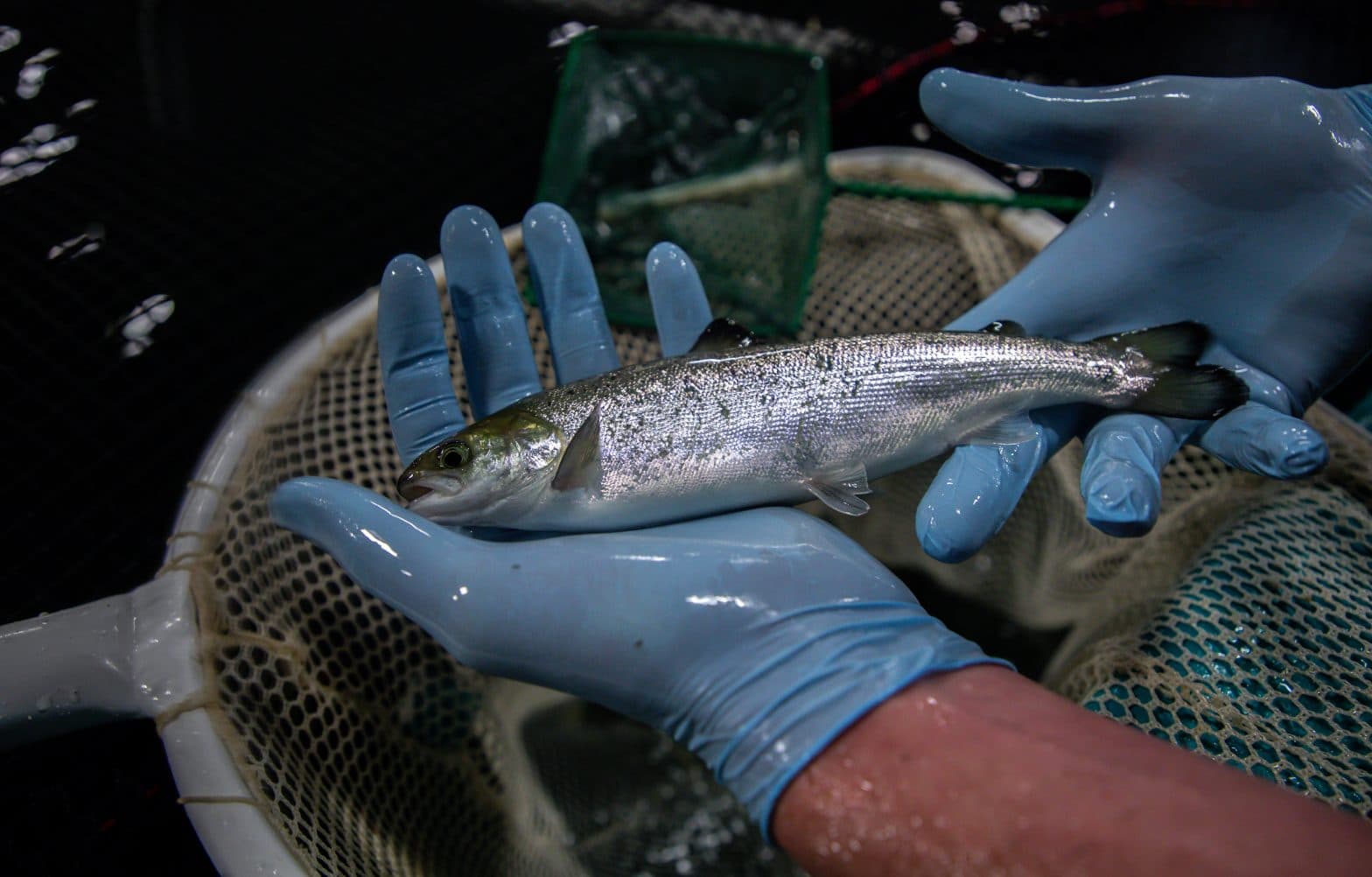Ocean Month: Is Congress Doing Enough to Harness the Ocean to Feed America?
COMMENTARY

June is National Ocean Month, a time to reflect on the amazing resource we have in our U.S. oceans. From a fresh food supply that provides waterfront jobs to a beautiful place for recreation, opportunities for ocean and coastal communities are unlimited. But fishing alone is not enough to provide the sustainable seafood we need in today’s environment of climate change. That is why it’s imperative that we look to the ocean as a food source by raising our own fish. The time is now to support an expanded offshore aquaculture industry in America to continue to feed the growing population.
Aquaculture isn’t a new invention or an untested industry. It’s a tradition that goes back hundreds of years in places like Hawaii in the form of saltwater ponds to raise locally grown fish to feed its communities. Over the years, aquaculture has become the fastest growing food production source in the world and is the most efficient and environmentally sustainable way to grow protein for a growing population that will be 8.5 billion by 2030.
The reality is that climate change is threatening wild fish stocks our nation has relied on for a long time. We’ve already seen many cases of extreme heat in our ocean waters leading to fishery closures. Therefore, wild capture alone will not be able to meet the demand for healthy, affordable seafood. America needs to grow our own fish and keep our waterfronts working through an offshore aquaculture industry. And the two industries — farmed species and commercial fishing — can complement rather than compete with each other. Commercial fishermen can benefit in many ways from the coexistence of the industries, including through revitalized infrastructure at the ports.
Modern fish farming is sustainable and produces high-quality, healthy fish with minimal environmental impact. With advances in science and technology, farmers have the tools to ensure the health of their fish and their surrounding waters. Monitoring and measurement are at the heart of sustainable and successful farming in deep waters, and technology has enabled those investing in American aquaculture to carefully measure everything from currents and water depth to the feeding, growth and well-being of the fish. The use of cameras, AI and machine learning allows for precision feeding, which eliminates excess feed and waste, and protects water quality. Siting tools allow farmers to locate farms in areas that will minimize conflict with other ocean users and wildlife.
When we look at aquaculture globally, America ranks just 17th in production. We import up to 85% of our seafood from around the globe, much of it farm raised and transported long distances, instead of producing it locally. And the negative impacts to the global seafood supply chain that affect U.S. sources haven’t slowed. Producing more of our own seafood here would make it more affordable for American families, while also helping to create new jobs in communities across the U.S. seafood supply chain.
The U.S. understands how to implement aquaculture properly and sustainably. Aquaculture companies and stakeholders understand, as outlined by NOAA, that offshore farming projects must reflect the value to the surrounding communities. With careful planning and siting, both fish farmers and fisherman can reap the advantages of the ocean.
U.S. seafood production, particularly through aquaculture, is constrained by extraordinary regulatory hurdles limiting capital investment and by a misinformed and outdated public perception of farmed seafood. Through federal legislation, Congress has the power to form a predictable, affordable and efficient permitting structure that would support the expansion of U.S. offshore aquaculture.
With offshore aquaculture, the U.S. could reduce the carbon footprint of seafood production while enjoying many other benefits, including creating jobs and new markets for feed and technology. It’s time to move past the outdated myths that have stunted the aquaculture industry in the United States and look to harness the vast potential of our ocean waters. Congress should move forward to pass legislation to enable offshore aquaculture. Great opportunity awaits the U.S. seafood industry.
Drue Banta Winters is the campaign manager for Stronger America Through Seafood. SATS is an organization that advocates for securing a stronger America through increased U.S. production of healthful, sustainable and affordable seafood. Winters can be reached on Twitter.
























